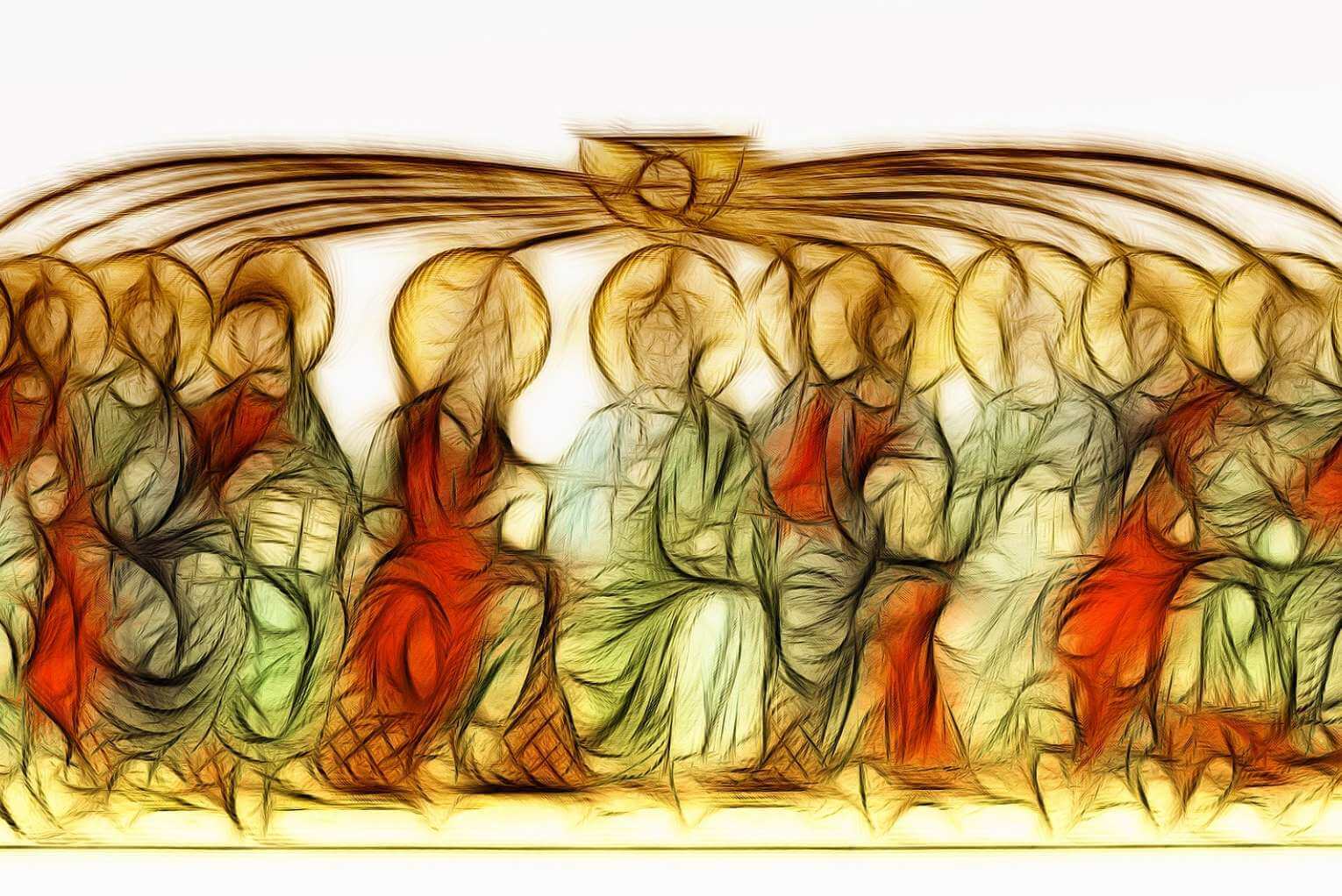Memories are short, and important information can get lost over time. That collective memory fog and subsequent events can shape what future generations believe or think, and consequently how they act.
Take Iran, for example. A series of events occurring in Iran back in 1979 profoundly reshaped the country’s landscape, namely the overthrow of the shah, the rise of the ayatollah, eruptive protests and the establishment of the Islamic Republic.
Because of these events, the Western world thinks of Iran as an Islamic nation. But the truth is, Iran is home to the oldest church in the world.
You see, on the day of Pentecost, as documented in the New Testament book of Acts, the global church was born. Iranians were there and among the very first converts to Christ.
As we read Luke’s account in Acts 2, we see that something amazing occurs. The Holy Spirit descends on the apostles and their followers, giving them the ability to speak in other languages. The multitude gathered in Jerusalem for the Shavuot holiday stands, bewildered by what they see, recognizing that these men are from various regions, each with its own language.
Acts 2:7-8a reads: “They were all amazed and marveled, saying to each other, ‘Are not all these who are speaking Galileans? How is it that we hear, each in our own native language? Parthians, Medes and Elamites, residents of Mesopotamia.'”
Breaking news, Spirit-filled stories. Subscribe to Charisma on YouTube now!
Luke then lists a slew of other nationalities present.
But did you notice the first three mentioned, “Parthians, Medes and Elamites”? All of these people groups were from Persia, which is known today as Iran.
This diverse gathering in Jerusalem underscores the multinational impact of Pentecost, making it a foundational moment not just for those in Jerusalem but for many distant lands, including Persia.
The Acts passage continues, “we hear them speaking in our own languages the mighty works of God” (v. 11b).
The events that unfolded in Jerusalem over 2,000 years ago continue to resonate in the religious landscape of modern-day Iran.
After Pentecost, Christianity spread around the world. It rapidly took root in Persia, and early Christian communities flourished.
However, Zoroastrianism, a false religion, held power in Iran. The Persian government was Zoroastrian, and Christians faced persecution. The Persian dynasty believed Christians were supporters of the rival Roman Empire and imposed heavy taxes on them. When Christian leaders refused to impose these taxes on their fellow believers, the ruler at time declared that Christians would be put to death for disloyalty.
Despite being a minority, Christianity continued in Iran. Zoroastrianism was eventually replaced by Islam. Christians faced hardships such as forced conversions and martyrdom. Yet, they persisted, adapting to the changes in culture and politics over the centuries.
In modern times, Iranian Christians continue to show resilience. They practice their faith in a Shia Muslim society, despite strict regulations imposed by the Islamic Republic of Iran. These rules particularly target those who convert from Islam. The light of Christ cannot be snuffed out as many, even today, gather for worship in underground churches, secretly practicing their faith to avoid persecution.
Even more astounding, Christianity is growing in Iran! Those very first gospel seeds—planted by those initial Parthians, Medes and Elamites who returned and shared their newfound Savior—have now grown into a vast number of vibrant, Bible-believing and Jesus-worshipping churches.
I believe Iran will be the first Muslim nation to turn to God. God says in Jeremiah 49:38a, “I will set my throne in Elam.”
Iranians were there at the very birth of the Christian church and will, by God’s grace, continue to be used to win more and more Muslims to Christ.
Join Charisma Magazine Online to follow everything the Holy Spirit is doing around the world!
Dr. Hormoz Shariat is the founder of Iran Alive Ministries, which uses Satellite TV to reach the millions of lost and broken people in Iran and the rest of the Middle East. He is the author of “Iran’s Great Awakening.”














































